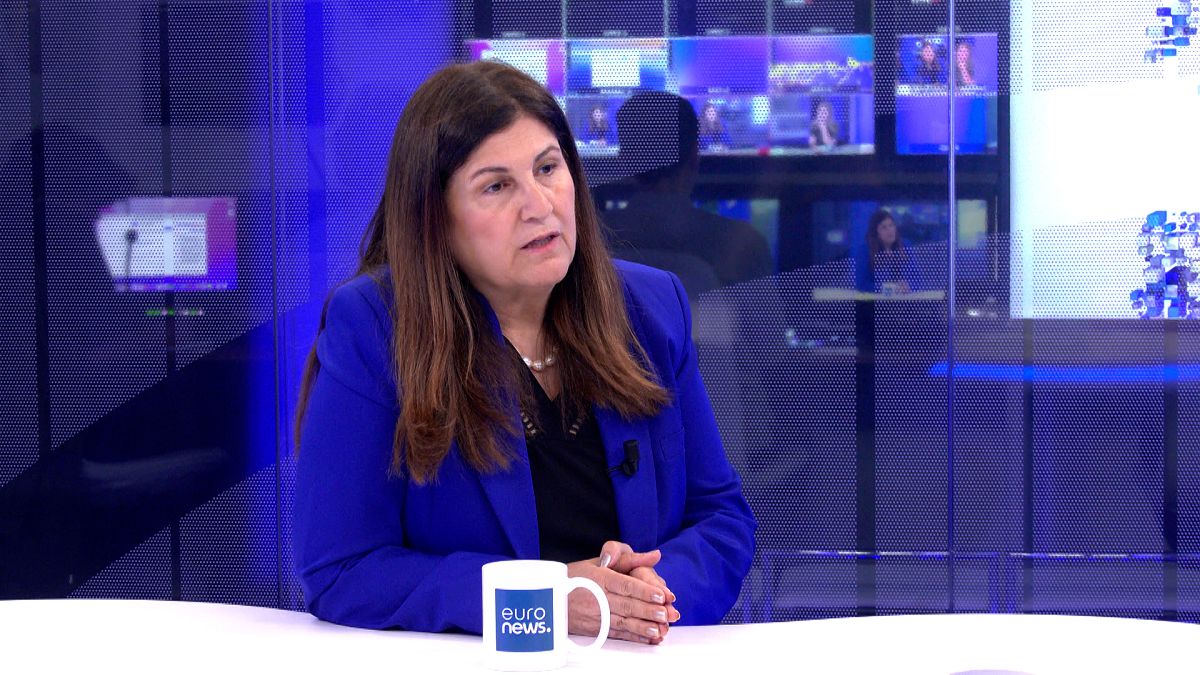

In a world of intricate international relations, the persistent aim for balance and harmony shines through as leaders and diplomats work tirelessly to soothe global tensions. Recent discussions illustrate the multifaceted approaches countries are taking to manage disputes, ensuring that diplomacy prevails over discord.
One area of focus has been the European Union’s relationship with Israel concerning the situation in Gaza. Despite pressing calls from the Palestinian foreign minister for the EU to sanction Israel over perceived violations, the EU has adopted a more observant stance. During a Foreign Affairs Council meeting, EU foreign ministers agreed to vigilantly monitor Israel’s adherence to an agreement aimed at improving the humanitarian aid situation in Gaza rather than rushing into punitive measures. This decision echoes a careful approach, weighing decision-making to avoid swift actions that may lead to further unintended consequences.
Simultaneously, the broader canvas of EU international relations has featured trade concerns with the United States. Former EU trade chief Jean-Luc Demarty has urged the EU to address its position firmly amidst trade tensions with the US, particularly targeting digital and financial services. Nonetheless, the challenge remains to navigate these waters without sparking a tariff war, ensuring that the EU maintains both its diplomatic composure and economic interests.
The climate of geopolitical instability has been further nuanced by US political moves, with President Trump hinting at potent sanctions against Russia. These statements underscore the delicate balance nations must strike between asserting national interests and fostering diplomatic ties. The ongoing discourse emphasizes the significance of measured responses that align with broader international objectives.
In a demonstration of diplomatic collaboration, China’s President Xi Jinping and Australian Prime Minister Anthony Albanese have reaffirmed their commitment to working together amid global turbulence. The leaders met in Beijing, reinforcing stability in their bilateral relations while acknowledging sensitive issues such as geopolitical influences on Taiwan and notable concerns like the ownership of the Port of Darwin. This conversation exemplifies how clear, open communication can pave the way for constructive partnerships despite complex global challenges.
In navigating this intricate tapestry of international relations, world leaders consistently strive for a blend of caution and cooperation. The overarching narrative reveals an ongoing dedication to diplomacy as a vital tool in managing and resolving global issues, promoting dialogue, and fostering peaceful collaboration. As nations continue to engage in these nuanced discussions, the emphasis remains on achieving equilibrium that respects diverse interests while promoting collective harmony.
Source: {link}
